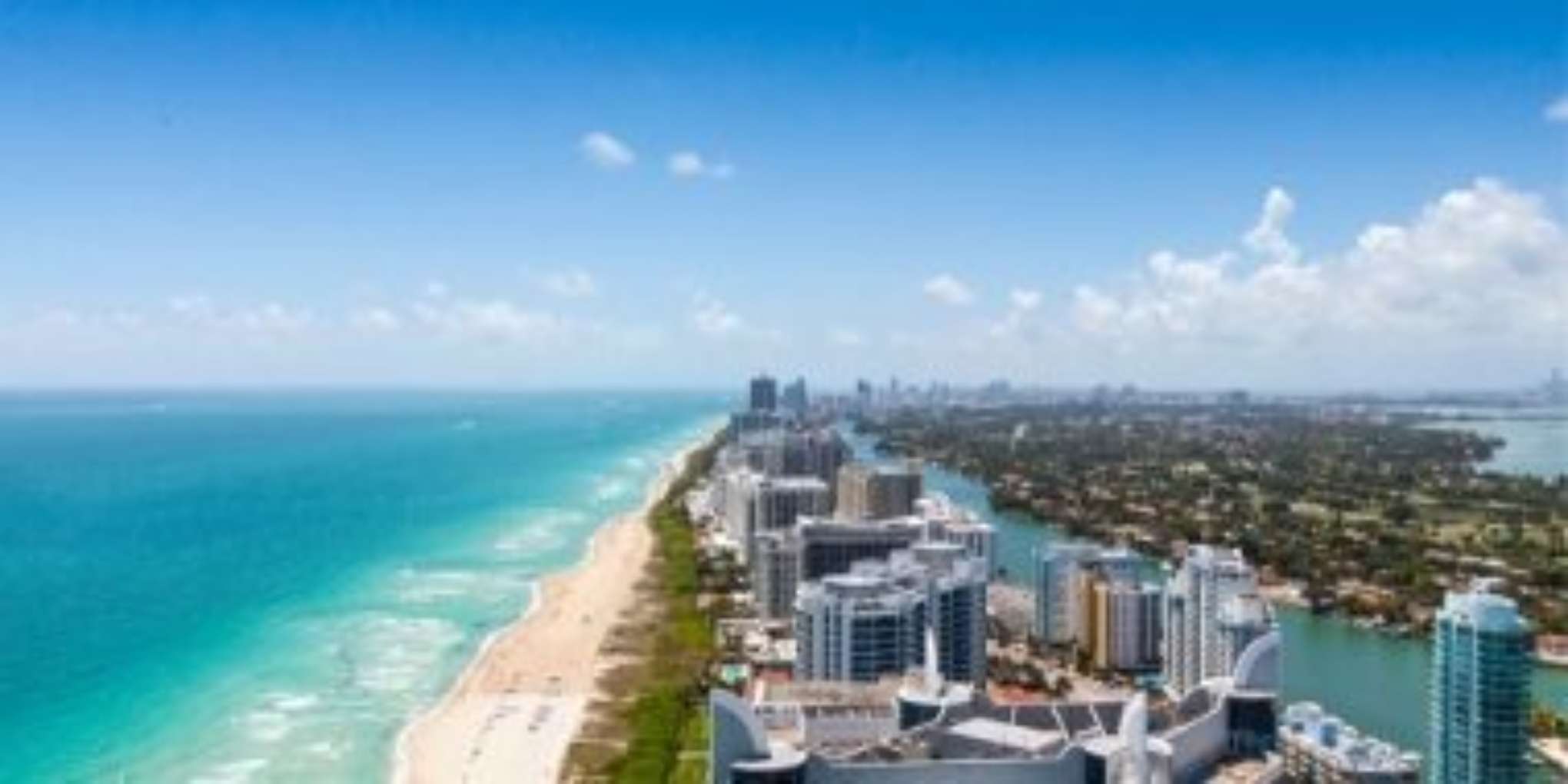Expectations for Florida reinsurance renewals rise
Expectations for significant rate increases in the fast approaching June reinsurance renewals for Florida insurance companies abound as a result of interplaying factors, namely that the considerable uncertainty as to the global (re)industry’s exposure to COVID losses is leading to "trapped" investors capital which will have the effect of limiting reinsurance and retrocessional capacity available to support the Florida renewals.
This is caused by the way that ILS contracts work in that until the COVID loss is quantified, the collateral supporting the reinsurance contract is "trapped" and so cannot be deployed for renewals. Without new capital coming in from existing or new investors the amount of capital available for the Florida renewals will potentially decrease and thus enable the remaining capital providers to charge more.
Additionally, any reinsurers relying on ILS capital to manage their company's exposures are likely facing reduced levels of cover and so will have to manage their line sizes down.
Comments by major reinsurers on this topic in their Q1 2020 results conferences for analysts, support the idea that reduced retro capacity will lead to significant rate increases, as follows:
1. Kevin O' Donnell, President and Chief Executive Officer of Renaissance Re, in the recent Q1 2020 earnings conference "retro capacity from third-party investors will be constrained....as we believe substantial amounts of collateral will be trapped at year's end." Additionally "The dislocated third-party capital market may also affect the amount of retro that can be purchased. Others may need to shrink if their retro reduces, which will further reduce supply."
2. Jean Doucette, CEO of Zurich Re's reinsurance division, mentioned in their recent earnings conference : "Looking near term, particularly the upcoming June Florida renewals, we expect rates will be affected by limited capacity, recent losses and the market's heightened sensitivity to risk due to climate change and social inflation. Also, there is a strain on alternative capital, traditionally large players in Florida. Therefore, we continue to see upward pricing momentum in Florida along with improved terms and conditions."
3. Peter Zaffino, AIG's President and Chief Operating Officer and Chief Executive Officer, said in AIG's recent earnings conference “With respect to the reinsurance market, unlike traditional main parallel catastrophes, COVID was not modeled, and therefore, it will be a headwind for future capacity. We believe the retro market will contract. And in the ILS market, there will be trapped capital, which will lock up collateral; therefore, restricting capacity on a go-forward basis. And we're already seeing this."
4. Brian O’Neill, Partner-Client Executive at TigerRisk, was quoted recently as saying “We have not experienced market conditions like we are seeing this year since 2006. We are a supply and demand economy, and given the shortage of retro cover available (especially low attaching cover), the loss creep from Irma and to some degree Michael, the lack of legislative reforms to fix the one way attorney fee statutes in the state, and then throw in a Global Pandemic – you have a perfect storm hitting the June 1st renewals.”
Separately, the analyst Keefe, Bruyette & Woods ("KBW") has predicted that Florida rate increases will average 20% or higher. According to Artemis.bm, KBW's analysts expect "these will be the steepest increases in Florida catastrophe reinsurance rates for more than a decade and that the market is unlikely to ever again get as cheap as it has been in recent years."
----------------------------------------------------------------
Initial comment: There are other specific factors that apply to Florida business such as the worsening of the estimated losses of previous hurricanes and the loss inflation due to the assignment of benefits (AOB) crisis and these were always going to make the Florida renewals interesting. Now, it does look as if we are entering a wide-ranging hard market, as Kevin O’Donnell put it, "I have speculated that market dislocations would look and feel different with decreased amplitude of rate increases, shorter persistence and more narrow geographic distribution. I’m pleased to report that I was wrong. We will now find ourselves in a traditional hard market…in sum, in the market, capital is now scarce and risk is now abundant.”
We will report how these expectations pan out.
-----------------------------------------------------------------------------
If you would like to be added to the distribution list of published articles, please email: [email protected]
